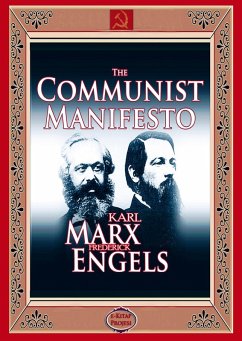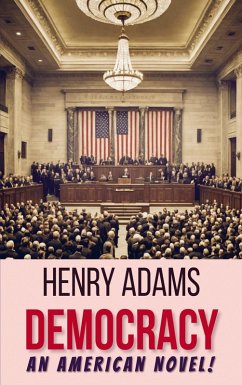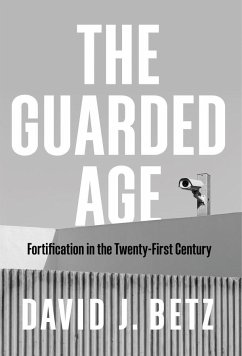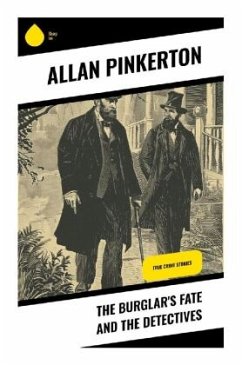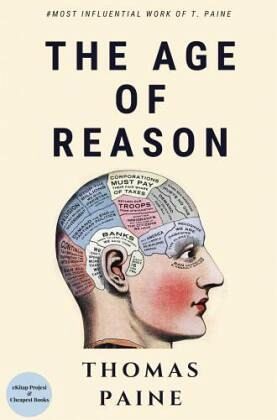
The Age of Reason

PAYBACK Punkte
0 °P sammeln!
A major actor in the American Revolution, the English intellectual Thomas Paine (1737-1809) is best remembered for his pamphlet Common Sense (1776), which advocated American independence from Britain. Although accorded honorary French citizenship in 1792 for his republican Rights of Man, Paine was later imprisoned and narrowly escaped the guillotine. It was around this time that he started to write The Age of Reason, originally published in two parts between 1794 and 1795.In Part 1, Paine outlines his personal religious views and attacks institutional faith as a human invention, while Part 2 a...
A major actor in the American Revolution, the English intellectual Thomas Paine (1737-1809) is best remembered for his pamphlet Common Sense (1776), which advocated American independence from Britain. Although accorded honorary French citizenship in 1792 for his republican Rights of Man, Paine was later imprisoned and narrowly escaped the guillotine. It was around this time that he started to write The Age of Reason, originally published in two parts between 1794 and 1795.In Part 1, Paine outlines his personal religious views and attacks institutional faith as a human invention, while Part 2 analyses the Bible and highlights its contradictions. The work was met with great hostility in Britain and denounced as espousing atheism, while in America it led to a short-lived revival of deism but was also much reviled. This reissue includes both parts and affords valuable insight into radical freethinking during the age of revolutions.MISSIONS AND REVELATIONSEvery national church or religion has established itself by pretending some special mission from God, communicated to certain individuals. The Jews have their Moses; the Christians their Jesus Christ, their apostles and ..




